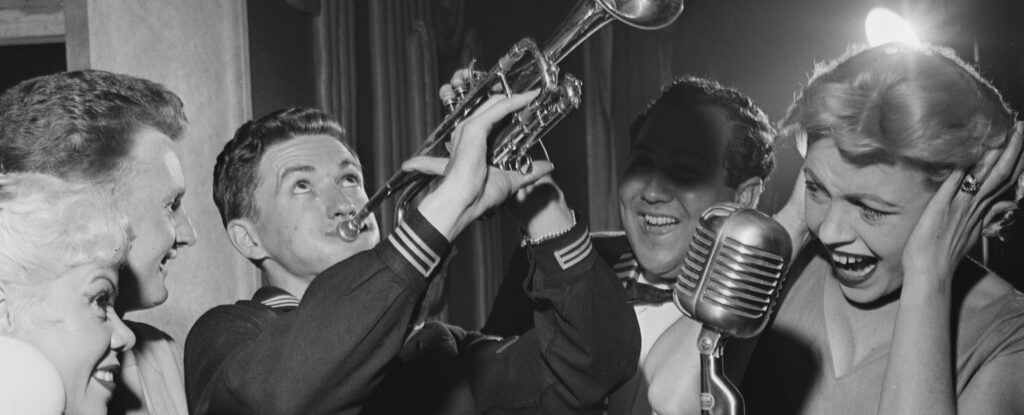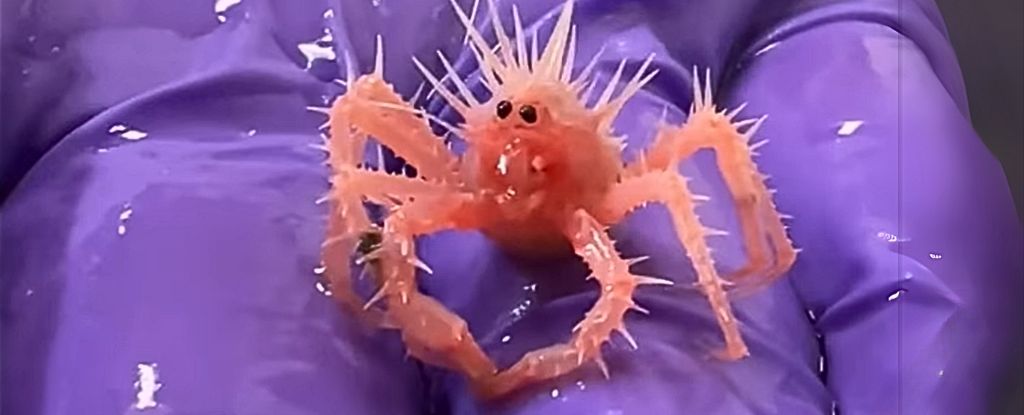If you’re the one in every ten adults who experiences incessant ringing in your ears, you already know how disruptive tinnitus can be.
A new study led by researchers from Massachusetts Eye and Ear has uncovered evidence of this phantom noise being generated by hyperactive nerves the nervous system can no longer tune out.
As widespread as it is, tinnitus has long remained a medical mystery, but now researchers have tracked down evidence that supports a leading theory of the origins of that pesky buzz.
A quick explainer for those who haven’t experienced it – around 10 to 15 percent of adults worldwide hear a ringing, roaring, or buzzing sound from within their ears known as tinnitus. For some, it comes and goes. For others, it is persistent, being considered chronic if it lasts for more than three months.
Tinnitus is usually associated with some kind of ear disturbance, such as noise exposure, hearing loss, injury, blockage, or infection. It can also affect people who are deaf, hard of hearing, or hearing impaired.
“Beyond the nuisance of having persistent ringing or other sounds in the ears, tinnitus symptoms are debilitating in many patients, causing sleep deprivation, social isolation, anxiety, and depression, adversely affecting work performance, and reducing significantly their quality of life,” says auditory physiologist Stéphane Maison from Massachusetts Eye and Ear Infirmary, who was part of the research team.
So far, we’re not entirely sure why tinnitus occurs, but in the absence of a physical vibration creating the sound, the main theory is that it arises in the nerves that usually transmit sound information to the brain.
Proponents of this theory think it’s the brain’s way of compensating for a loss or absence of hearing. By dialing up the volume when there’s little or nothing coming in, the background static of our internal speaker system is also boosted to a noisy buzz.
The new study focused on tinnitus in hearing people. They found these subjects had some degree of auditory nerve loss, which isn’t something that conventional hearing tests can detect.
With ages ranging 18-72, all 294 subjects had what is deemed ‘normal hearing’ in conventional tests. Within this group, 29 people had been experiencing constant tinnitus for more than six months, and 64 had experienced either constant tinnitus for less than 6 months, or intermittent tinnitus following noise exposure (for instance, after attending a concert). The rest – about a third – had never experienced tinnitus.
They found an association between self-reports of chronic tinnitus and cochlear neural degeneration (CND). The cochlear nerve can be damaged by overexposure to sound, and as part of normal aging, even when the sensory cells remain intact.
The degree of tinnitus a person experienced was a strong predictor for their cochlear neural response. People with tinnitus tended to have a weaker middle-ear muscle reflex, which is meant to protect our ears from loud, low frequency sounds, like the bass in a nightclub. They also had a stronger olivocochlear reflex, which usually helps us to process noises that are distributed across a wide section of the audible range.
The more persistent the tinnitus was, the more prominent these responses were. According to the researchers, this suggests “tinnitus sustainability may be dependent on the degree of peripheral neural damage.”
“Our work reconciles the idea that tinnitus may be triggered by a loss of auditory nerve, including in people with normal hearing,” Maison says.
Previous model rodent studies found that a family of proteins called neutrophins could be used to encourage the auditory nerve to repair itself. The researchers of this new paper hope their findings will spur further investigation into this therapy for human use.
“We won’t be able to cure tinnitus until we fully understand the mechanisms underlying its genesis. This work is a first step toward our ultimate goal of silencing tinnitus,” says Maison.
“The idea that, one day, researchers might be able to bring back the missing sound to the brain and, perhaps, reduce its hyperactivity in conjunction with retraining, definitely brings the hope of a cure closer to reality.”
The research is published in Scientific Reports.





